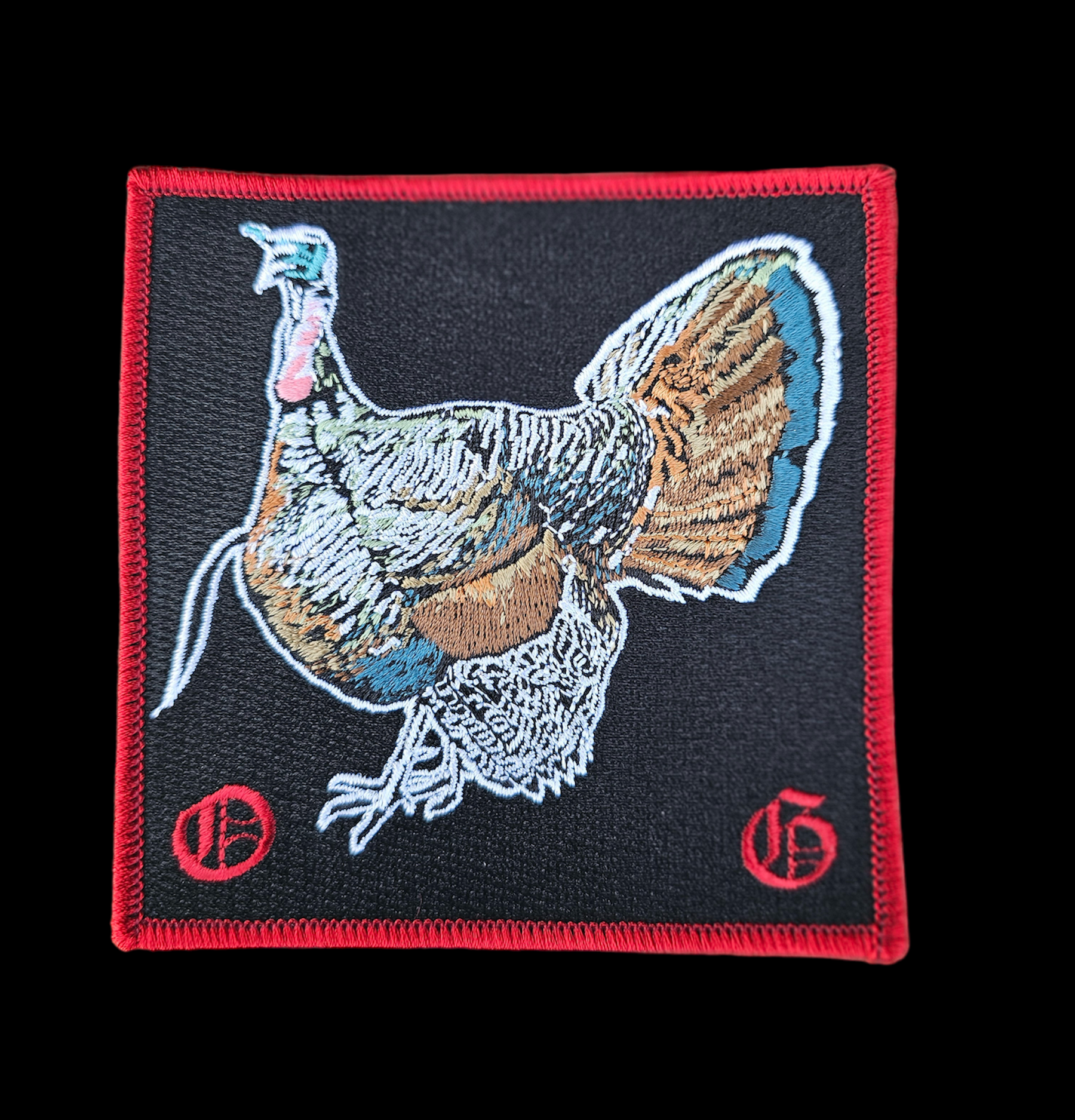       |
Let's talk wood grain.Started by Castor River Calls, September 07, 2017, 06:43:11 AM Previous topic - Next topic
User actions
|
       |
Let's talk wood grain.Started by Castor River Calls, September 07, 2017, 06:43:11 AM Previous topic - Next topic
User actions
|